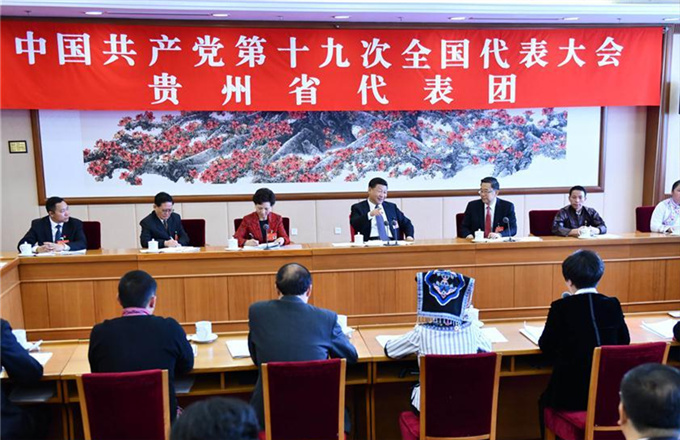Poverty alleviation foundation for development
Q&A | Nicholas Rosellini
Editor's note: Nicholas Rosellini, UN Resident Coordinator in China, shares his views with China Daily's Wu Zheyu on China's poverty alleviation achievements and its efforts to promote sustainable development. Excerpts:
How would you evaluate China's poverty alleviation accomplishments over the past five years?
China has achieved enormous success in reducing and eliminating poverty. Accumulatively, there have been 800 million people lifted out of poverty since the launch of economic reform and opening-up, this is an amazing achievement. Now, the government is looking to 2020 in terms of eliminating the remaining poverty in the country. That would be a historic achievement.
The government has also made great efforts to create jobs and employment opportunities, these are certainly strong drivers for poverty reduction. And at the same time, it is investing heavily in improving social services, education, health and the water supply to improve the well-being of people throughout the country.
What lessons do China's poverty alleviation experiences offer other countries?
What China has shown is that you really need policies and strategies that cover not only economic development, but also social development. That's a very important lesson for other countries.
And China has done great work in providing social services for the elderly, I think that is also something other countries can learn from.
This is another important area for poverty alleviation. What social safety nets do countries need to provide, in terms of state pensions, healthcare, and payments for disadvantaged groups, as they move up the income ladder?
The livelihoods of most residents have improved with China's economic development. But some people, not living in absolute poverty, still feel poor compared with others. Should the Chinese government now attach more importance to "relative poverty"?
The first priority should be absolute poverty, which China is on course to eliminate by 2020, that's a very important step. As GDP goes up, there are more challenges that need to be looked at, many of them to do with relative poverty. People's expectations go up, what people want today is different from what people wanted yesterday, and what our children and grandchildren want will also be different. It's important to look at the quality of public services, not just quantity. If you look at the relative poverty, it's about the quality and access to public services, in particular health and education.
So, as China develops, the shift in focus from absolute poverty to multidimensional poverty will be important in order to ensure nobody is left behind.
What other challenges are still to be faced?
While cherishing the achievements that have already been made, it's important to also look ahead. There are new challenges coming up that will need to be tackled, such as climate change, inequality and the aging population. But I think that China's past achievements provide a very strong foundation for it to meet these challenges.
Sustainable development, poverty reduction and poverty elimination go hand in hand. China is a very strong champion of long-term sustainability, and I think our shared focus is how we make development sustainable.


























